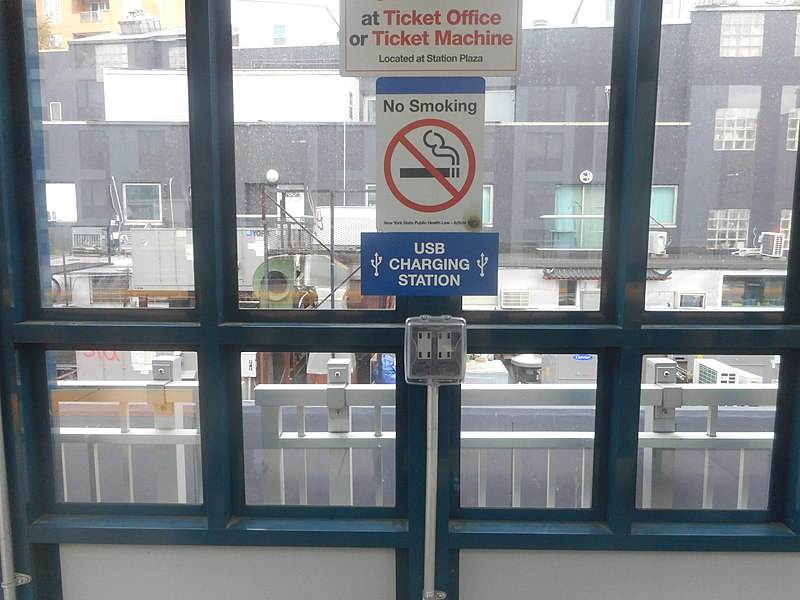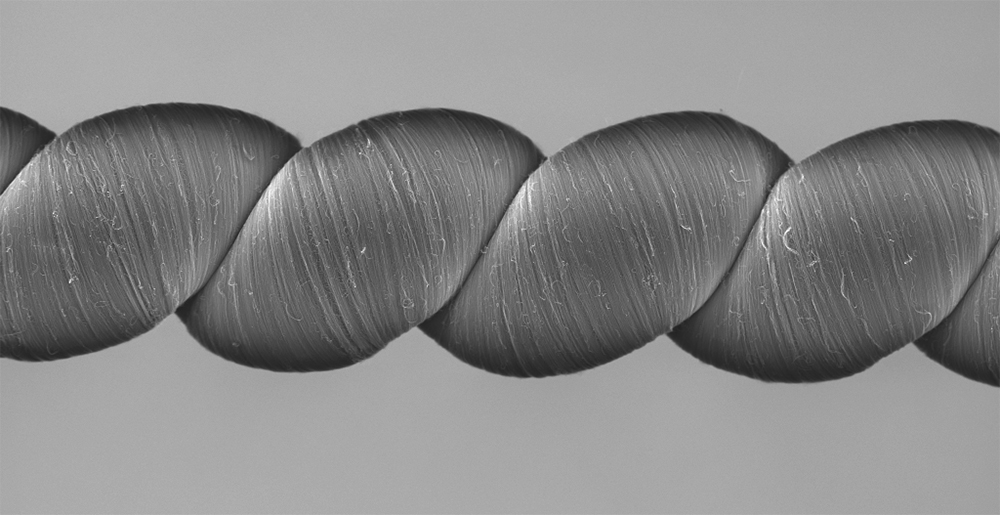A low battery in a smartphone causes a lot of stress. A survey found that nearly nine out of 10 people “felt panic” when their phone battery drops to 20 percent or lower. People rush to plug their phones into a public charging station in a hotel, airport, or café.
But according to a recent warning from the FBI, this could be ‘RISKY’!
The FBI has alerted people to avoid using public USB charging ports, warning that hackers could infect phones or tablets with malware and steal the data. The practice is known as juice jacking.
What is juice jacking, and how do hackers get mobile data access?
Juice jacking is when hackers install malicious code or cables in public USB chargers to access users’ mobile phones and steal sensitive information like passwords, credit card information, addresses, names, and other data.
“Bad actors have figured out ways to use public USB ports to introduce malware and monitoring software onto devices,” the FBI’s Denver office said on Twitter recently.
Just do not use public charging stations to protect against juice-jacking!
Experts encourage users to treat their phones like credit cards and take similar protective measures. Phone users must bring their USB cord and plug it into an electrical outlet or a portable charger.
The federal communications commission says to avoid becoming a juice-jacking victim, don’t let a free USB charge drain your bank account.







